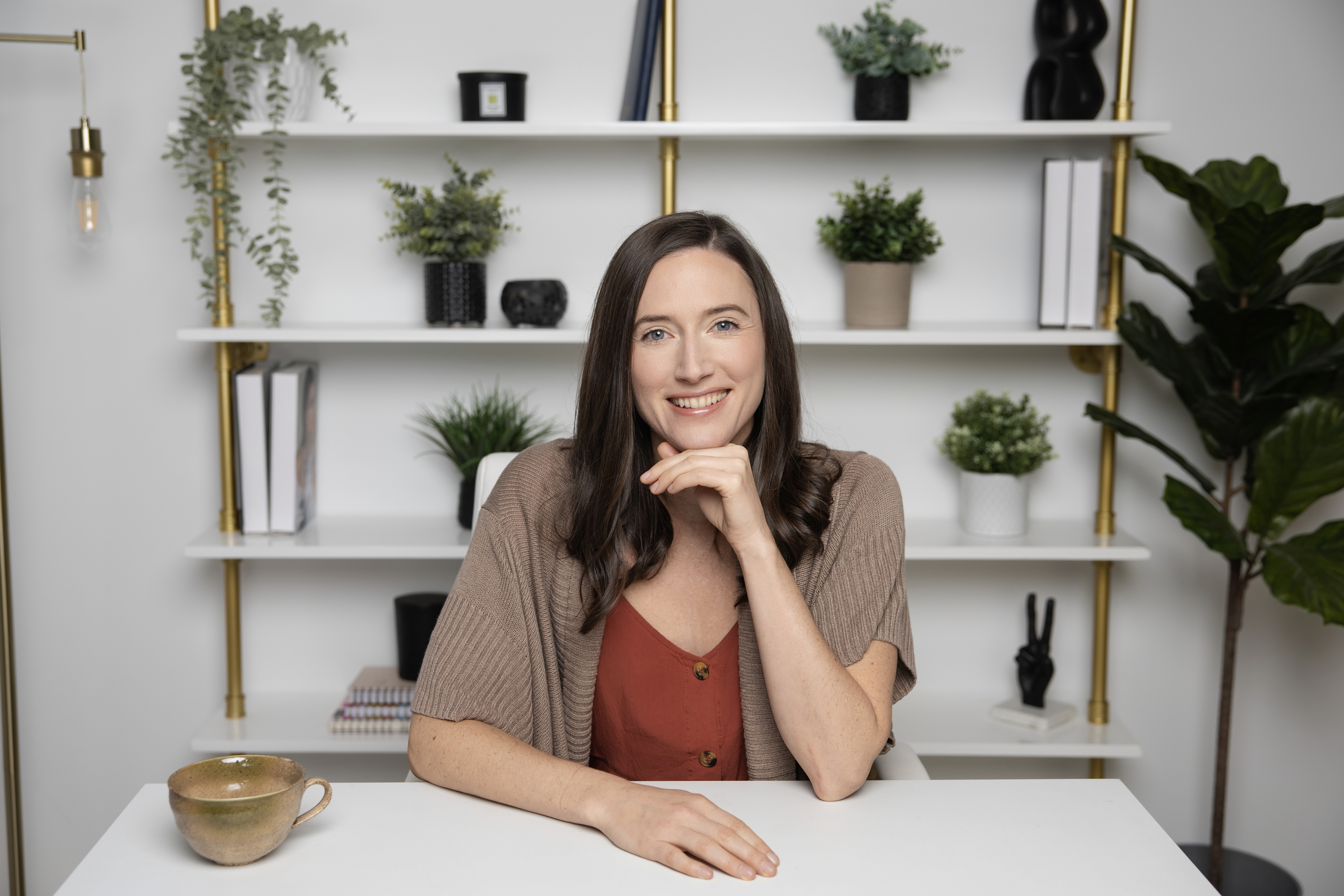Empowering Women Through All Stages of Life
Welcome to a space dedicated to nurturing your health and well-being. As a Naturopathic Doctor, I am here to support you with personalized, natural interventions that rejuvenate your body and spirit.





Hello, I'm Fiona!
Welcome! I'm Dr. Fiona Smulders, a Naturopathic Doctor, teacher, and mother with over a decade of experience in women's health. I am committed to empowering women through personalized care, using natural interventions like nutrition, herbal medicine, and lifestyle changes to foster holistic healing.
Recognizing the unique challenges mothers face, I founded Four Rivers Village—a community platform for overwhelmed moms to connect and access tools for health and well-being. My passion lies in guiding women to reclaim their vitality and joy. Thank you for visiting, and I look forward to supporting your wellness journey.
Work With Me

Work With Me Directly
Our sessions begin with a comprehensive assessment of your health history and current health. Together, we'll craft a personalized wellness plan using nutrition, herbal medicine, lifestyle changes and natural remedies. My goal is to provide a nurturing environment where you feel empowered and supported on your journey to optimal health.

Join Our Empowering Community of Mothers
Step into a nurturing community of like-minded mothers who understand the challenges of motherhood. Here, you'll find personalized guidance, actionable insights, and unwavering support to help you create lasting change. Together, we empower each other to reclaim energy, deepen connections with our children, and thrive in our unique motherhood journeys.

Mindfulness with Tea: Finding Calm in a Cup
Experience mindfulness through tea. Embrace simplicity and sensory awareness by savoring each step, from brewing to sipping, for a peaceful, calming ritual. ...more
Mental Health ,Herbalism
November 26, 2025•3 min read

Staying Motivated: Your Guide to Achieving Health Goals with Clarity and Consistency
Discover practical tips to stay motivated and achieve your health goals with clarity and consistency. Learn how to connect with your 'why', shift your mindset, and overcome obstacles to elevate your w... ...more
General Health
November 20, 2025•2 min read

Calm Your Mind: Friendly Tips to Tame Anxiety and Boost Confidence
Explore effective strategies to manage anxiety and build confidence. Learn about the importance of feeling safe, setting boundaries, and preparing for challenging situations to enhance your well-being ...more
Mental Health
November 01, 2025•2 min read
Subscribe to My Mailing List
Subscribe to my mailing list for holistic health insights and support to enhance your well-being.


